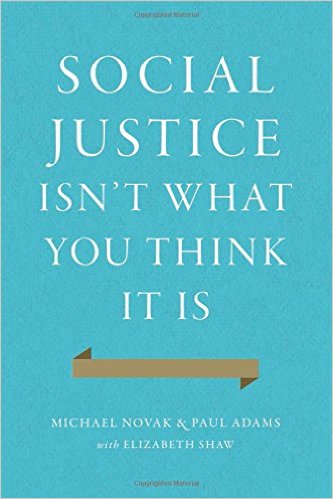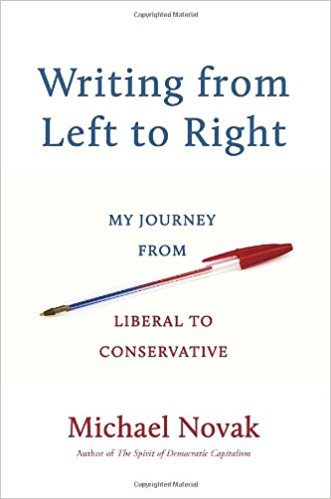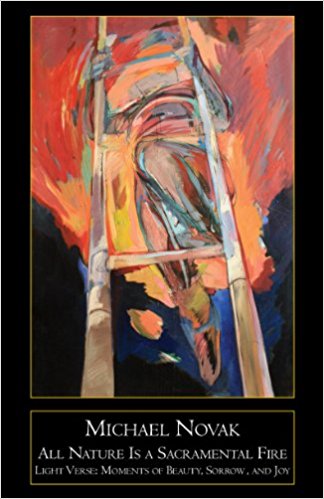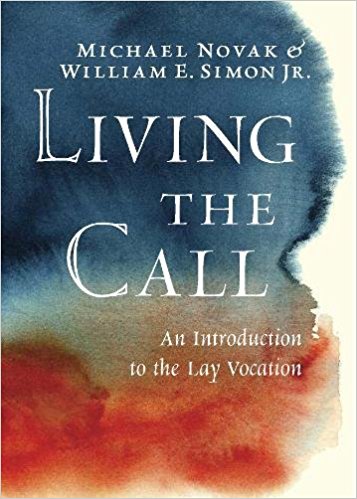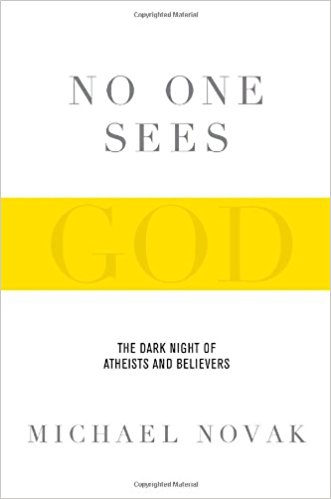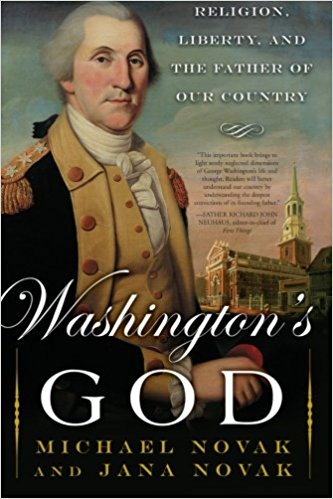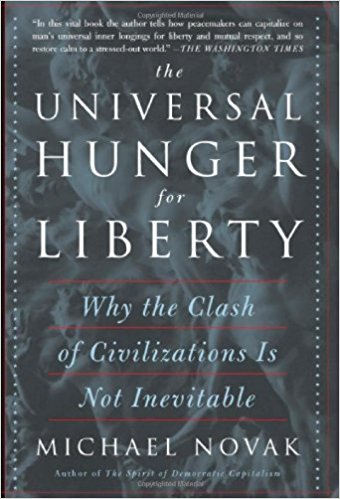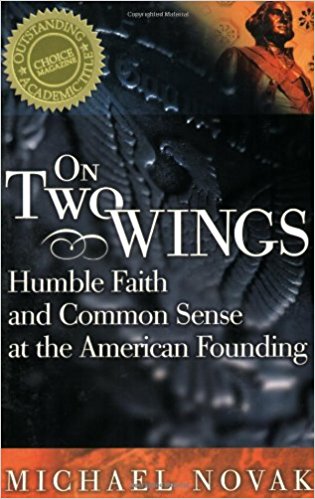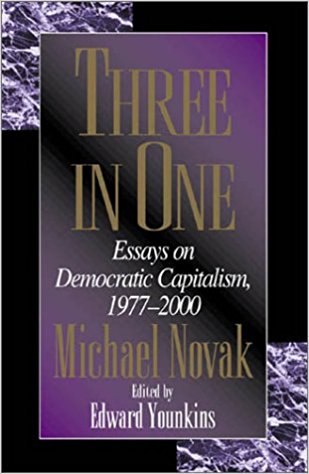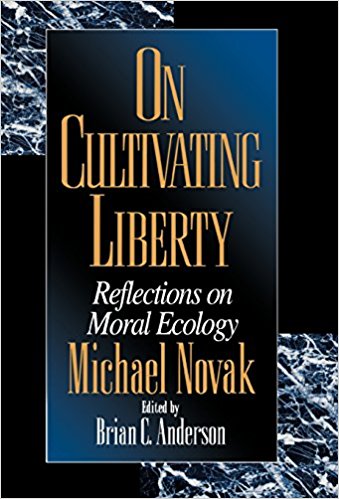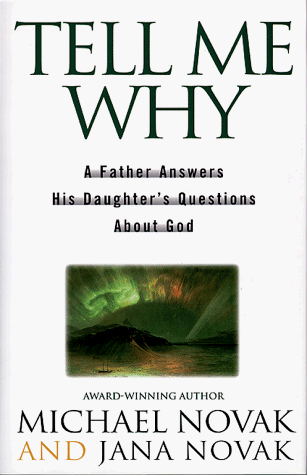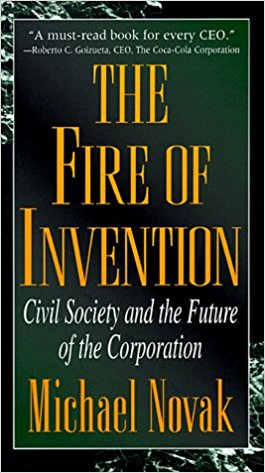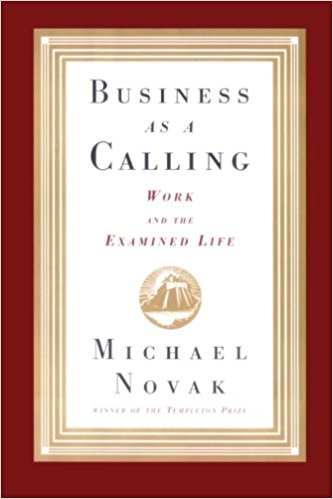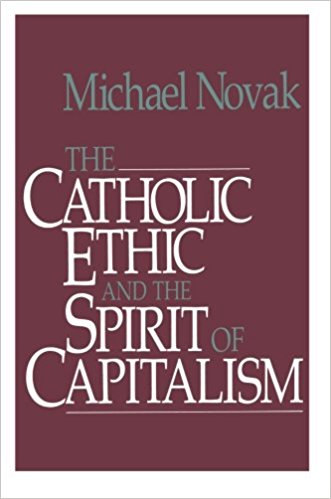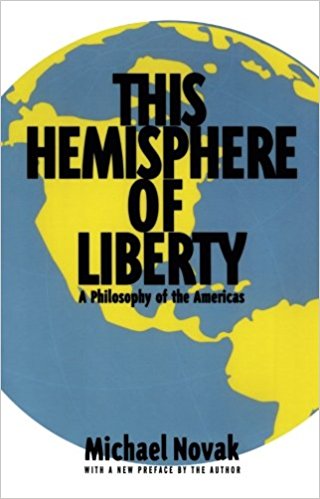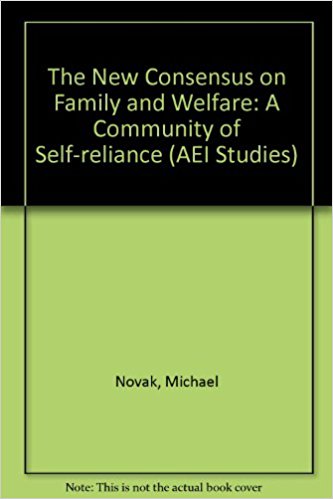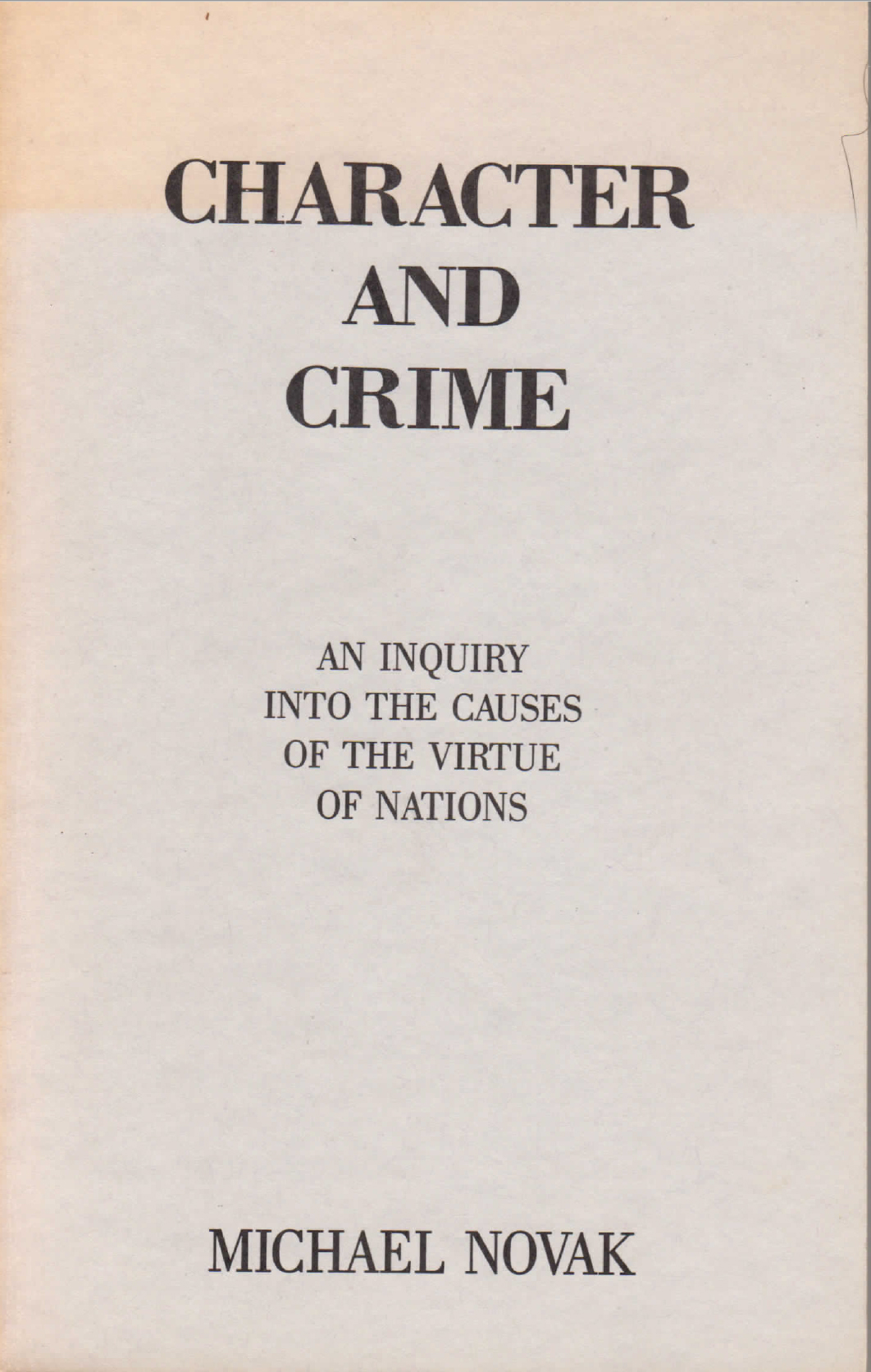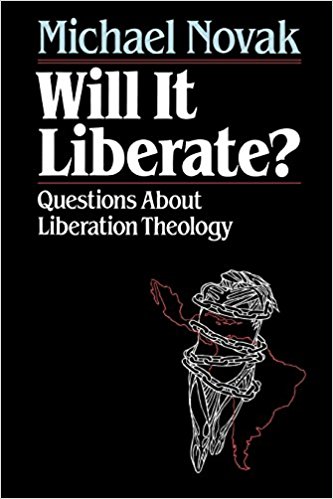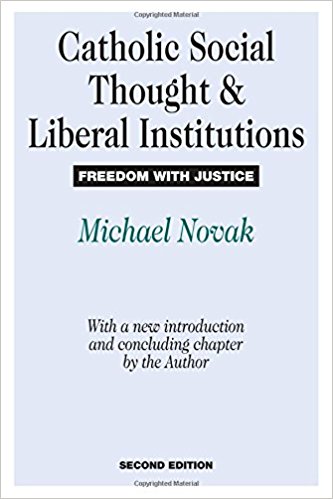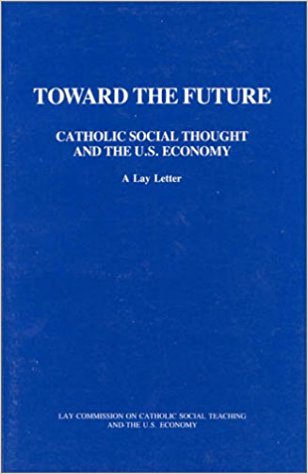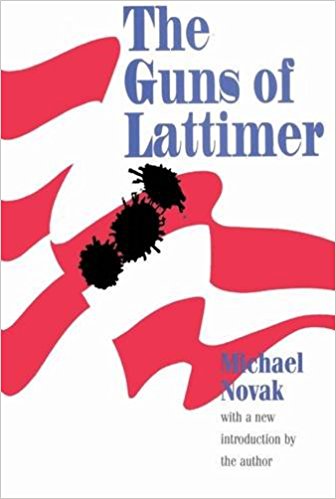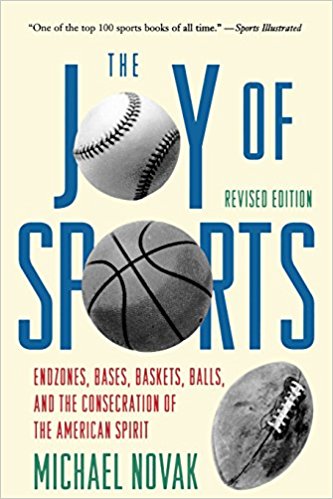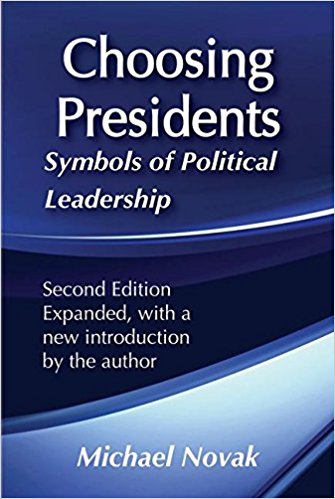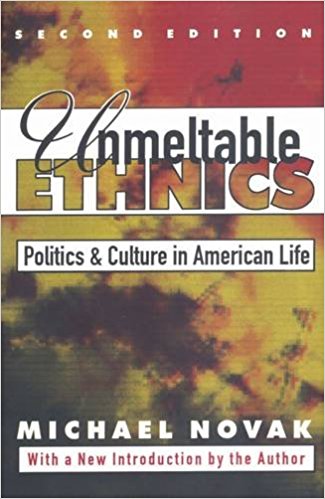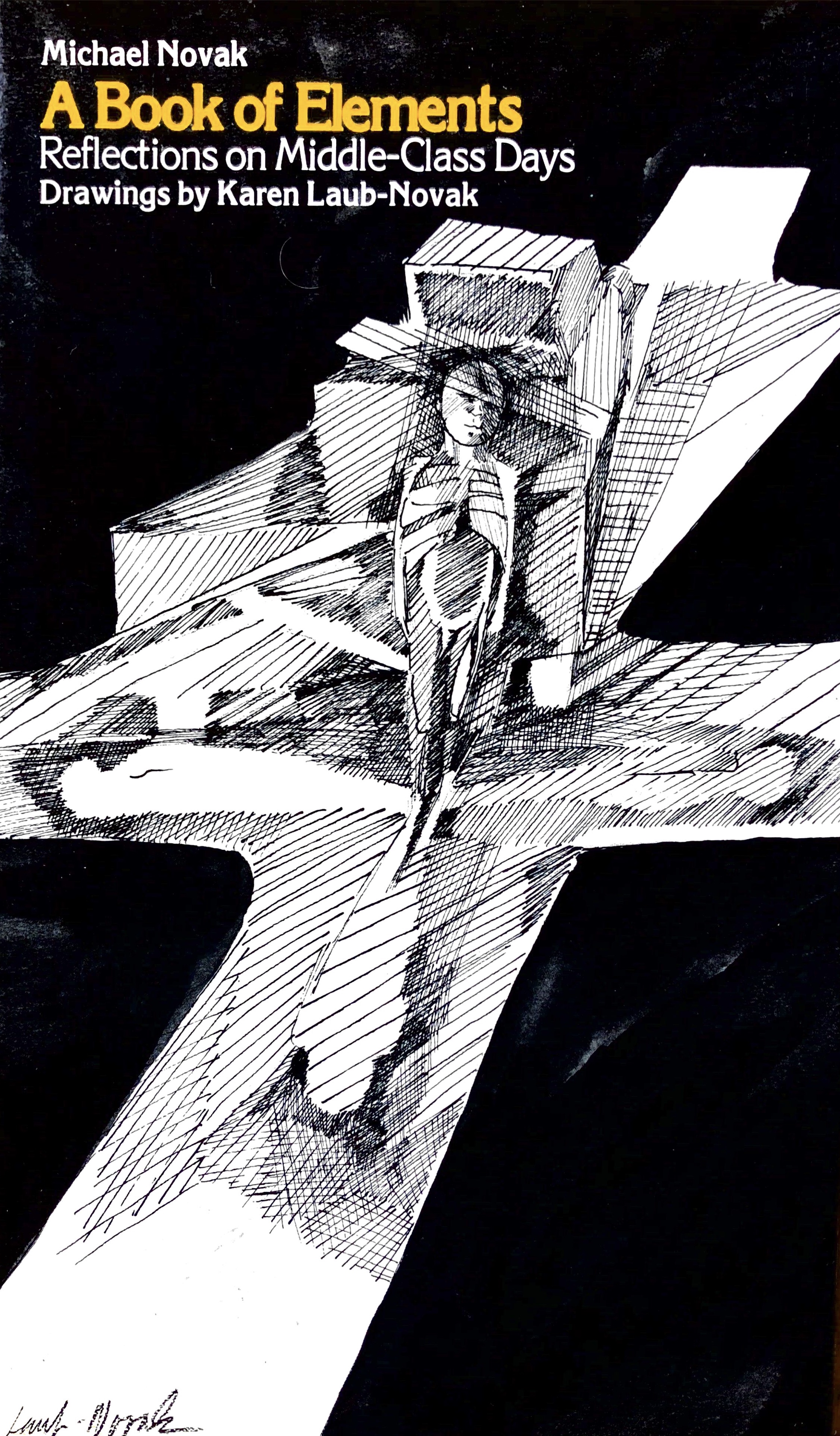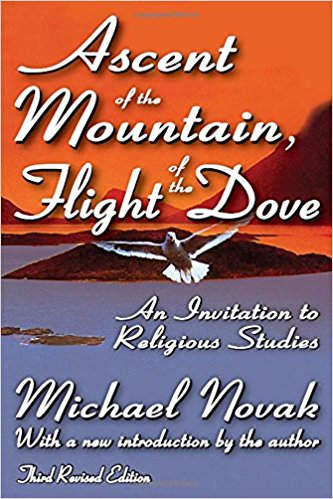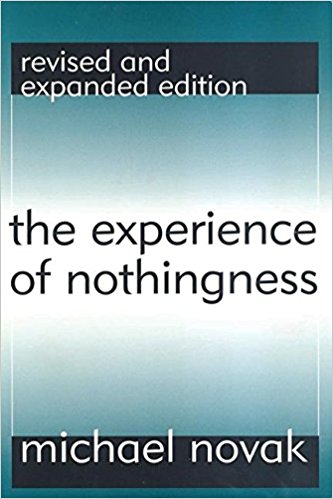Ever since The Open Church hit shelves in 1964, Michael Novak was a voice of insight on American and Catholic culture. Author of more than 45 books on culture, economics, philosophy, and theology, Novak actively influenced and guided right thinking until his death in 2017.
From his ground-breaking books on economics and theology (The Spirit of Democratic Capitalism, Will it Liberate?, Business as a Calling, and On Two Wings: Humble Faith and Commonsense at the American Founding) to his book that Sports Illustrated named one of the top 100 books on sports of all time (The Joy of Sports), Novak’s books offer timeless insights into the world.
Novak’s ideas and arguments continue to shape the debates today, making anything written by him a ‘must read’ for people of all beliefs and political persuasions. His books are listed below, and his alma mater, Stonehill College, is currently working on digitizing his complete archives (more information here: https://www.stonehill.edu/offices-services/archives/novak-papers/).

